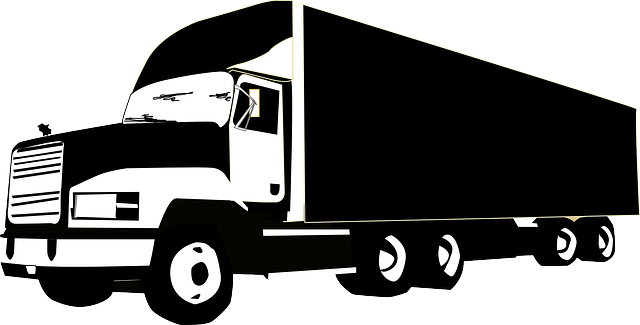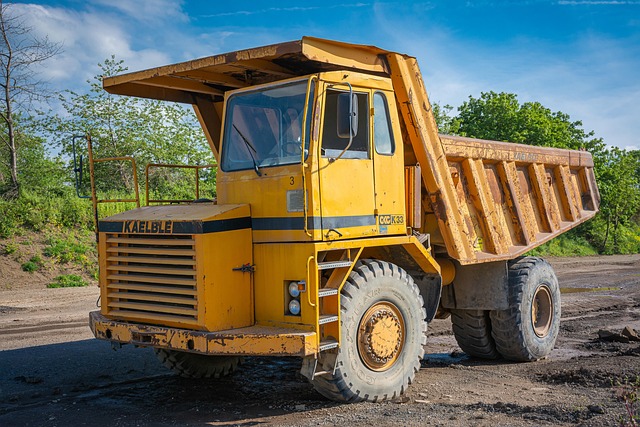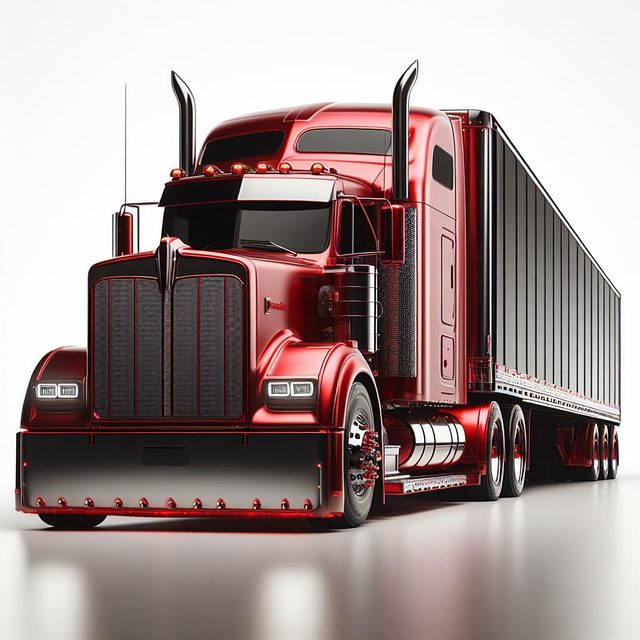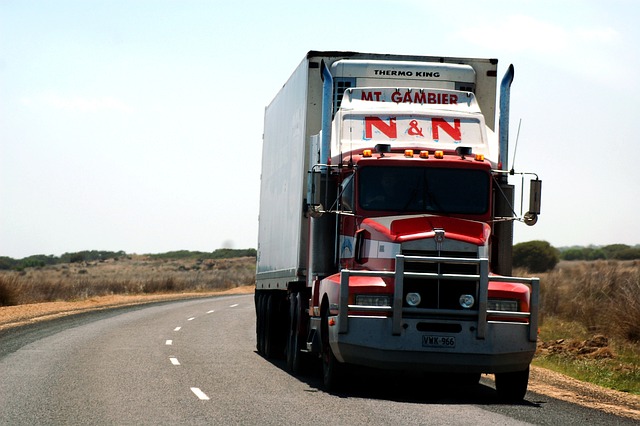Understanding rental truck insurance policies is essential to ensure comprehensive protection. While regular auto insurance may not cover rented trucks, these policies fill coverage gaps, offering liability and physical damage protections. For short-term needs, temporary truck insurance provides basic liability coverage, while businesses should opt for rental business truck insurance. When choosing a policy, prioritize comprehensive coverage, including towing and roadside assistance, comparing options based on specific needs like personal or fleet management. Informed decisions ensure adequate protection for trucks and their contents during the rental period.
Looking to rent a truck but confused about insurance options? Understanding reliable rental truck insurance policies is crucial for protecting your investment and avoiding unexpected costs. This guide delves into the intricacies of truck rental coverage, outlining key types of protection available, essential elements to consider in a policy, and expert tips on choosing the best insurance for rented vehicles, including temporary truck insurance and rental business truck insurance.
- Understanding Rental Truck Insurance Policies
- Types of Coverage for Renting a Truck
- Key Elements to Consider in a Reliable Policy
- How to Choose the Best Rental Truck Insurance
Understanding Rental Truck Insurance Policies

When renting a truck, understanding the rental truck insurance policy is essential to ensure comprehensive protection during your temporary vehicle ownership. Many people assume that their regular auto insurance covers rented trucks, but this isn’t always the case. Rental truck insurance policies are designed to fill gaps in coverage and provide specific protections for these types of vehicles. These policies typically include liability coverage, which protects you against claims made by others if you cause an accident, as well as physical damage coverage for the truck itself.
Rental truck insurance also offers valuable temporary truck insurance for those who need a vehicle for a short period. Whether you’re moving across town or transporting goods, this coverage ensures that any damages or losses are covered, up to the limits specified in your policy. Understanding these rental truck policies and their nuances is crucial for renting with peace of mind and ensuring you’re protected against unexpected events during your rental period.
Types of Coverage for Renting a Truck

When renting a truck, understanding the different types of coverage available is essential to protect yourself from potential risks and financial burdens. Rental truck insurance policies typically offer several key coverages that cater to various scenarios. One of the most basic forms is temporary truck insurance, which provides liability protection for the duration of your rental period. This is crucial as it covers damages or injuries caused by the rented vehicle during an accident.
Additionally, many policies include rental truck liability coverage, ensuring financial protection if you’re held responsible for any damage to the vehicle or property of others during the rental time. For business owners renting trucks for their operations, a comprehensive rental business truck insurance policy is recommended. This type of insurance covers not only the vehicle but also any equipment or cargo being transported in it, offering peace of mind and financial safeguard against unexpected events.
Key Elements to Consider in a Reliable Policy

When choosing a reliable rental truck insurance policy, several key elements should be top of mind. First and foremost, ensure that the policy offers comprehensive truck rental coverage, including liability protection for any damage or accidents that may occur during your rental period. This is crucial, as it shields you from potential financial burdens beyond routine wear and tear. Additionally, look for policies that include specific rental truck policy benefits like towing and roadside assistance, which can prove invaluable in the event of a breakdown or vehicle emergency.
Another vital consideration is the extent of protection for both the truck and its contents. If you’re renting a vehicle to transport valuable goods, opt for a plan with adequate coverage for your items, often referred to as rented vehicle insurance. This safeguard ensures that any loss or damage to your belongings is accounted for, providing peace of mind while utilizing insurance for rented trucks or rental business truck insurance. Compare policies and choose one that aligns with the specific needs of your rental duration and intended use.
How to Choose the Best Rental Truck Insurance

When choosing the best rental truck insurance, start by understanding your needs and the type of truck rental you’ll be engaging in. Whether it’s for a one-time move or a temporary business need, each scenario may require distinct coverage. For instance, personal belongings protection might be essential if you’re renting a truck to transport your possessions, whereas liability coverage is more crucial for businesses handling multiple rented vehicles.
Next, compare different rental truck insurance policies based on their features and exclusions. Look out for comprehensive coverage that includes both collision and liability protection. Temporary truck insurance options can be beneficial for those who only need short-term protection, while rental business truck insurance plans cater to companies managing a fleet of trucks. Ensure you read the fine print to grasp what’s covered, what’s excluded, and any additional costs associated with different policies.
When renting a truck, securing the right insurance is paramount to safeguard against unexpected incidents. By understanding the various coverage options and key elements of a reliable policy, you can make an informed decision. Whether you’re a casual renter or run a rental business, choosing the best rental truck insurance ensures peace of mind and financial protection. Opt for comprehensive coverage that includes liability, collision, and personal property protection to mitigate risks associated with temporary truck ownership.
